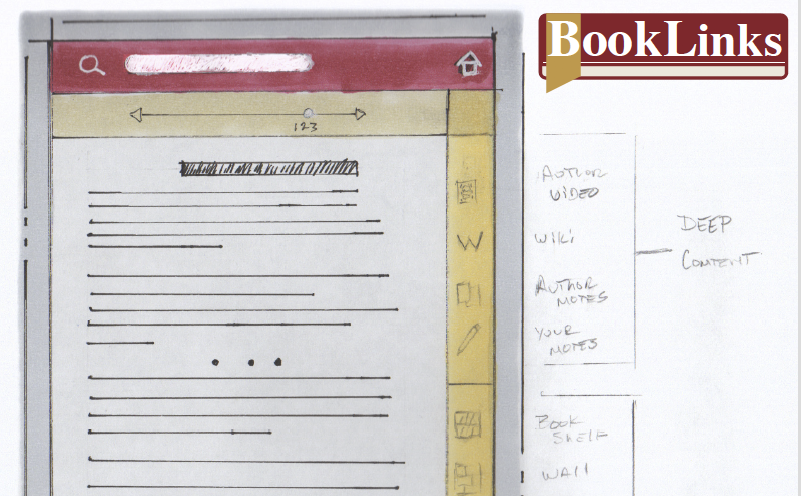Unique Emotional Attachment to Analog Books Over Digital Alternatives

Since Apple introduced the first widely-adopted smartphone in 2007 and tablet in 2010, books have undergone a transformation. Entire home libraries may be digitally stored on personal media devices such as Amazon Kindles or iPads, which may be physically no larger than a single trade paperback. While e-books were regarded as revolutionary at their inception, many bibliophiles have rejected digital formats in favor of keeping physical books. Since 2015 e-book adoption has fallen behind hardcover book sales in several Western countries. A format that was once heralded as the death knell for paper books is now struggling to compete with them. This research examines why people are so uniquely attached to physical books when there are seemingly progressive digital alternatives. The answers relate to how humans view objects, and how they perceive them as inherently possessing meaning. Bibliophiles view physical books as objects that represent memories of places, times, and relationships in addition to the content of the book. Additionally, the research examines how publishers could design e-books to facilitate the types of attachment and memory-making so closely associated with physical books. Bibliophiles reject current e-books because they possess no physical or digital properties that have memory-making permanence.
Full Thesis Document
OhioLINK Acces
xdMFA Candidates must disseminate their research online in the Ohio Library and Information Network (OhioLINK) Electronic Theses and Dissertations repository. This thesis may be accessed at http://rave.ohiolink.edu/etdc/view?acc_num=miami1524777659842907
